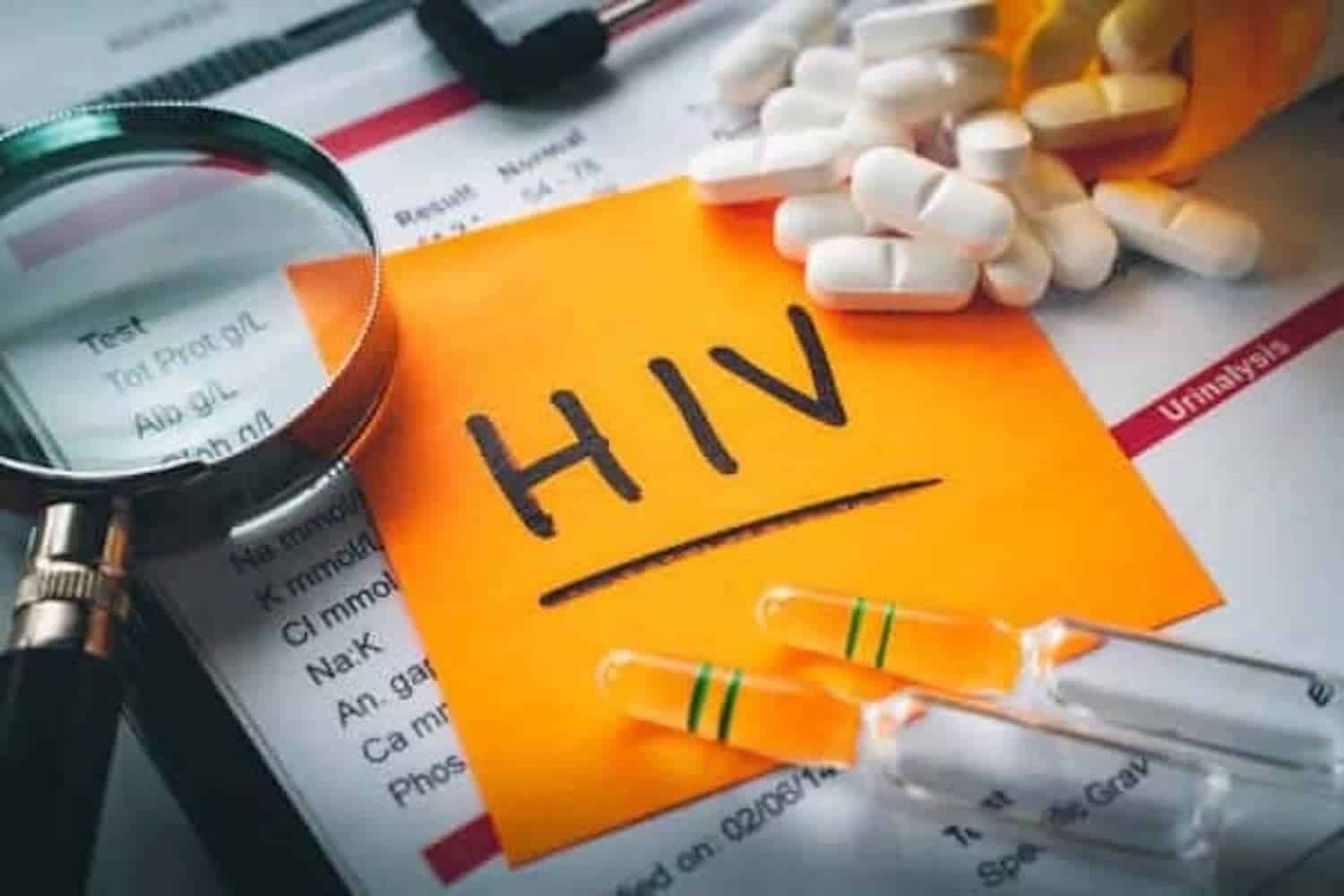Mashatile also urged a shift from clinic-based models to community-led responses.

Deputy President Paul Mashatile has called for intensified efforts to close South Africa’s HIV treatment gap, warning that millions of people remain outside the formal healthcare system despite significant progress in the country’s HIV response.
Mashatile, who also chairs the South African National AIDS Council (SANAC), delivered the keynote address at the official opening of the 12th South African AIDS Conference this week.
He urged the government, civil society, and healthcare workers to accelerate interventions aimed at reaching those who have not started or have fallen out of HIV treatment.
“We cannot afford to leave anyone behind,” Mashatile said.
“Every person living with HIV deserves access to treatment, support, and dignity.”
Focus on closing the treatment gap
Mashatile spotlighted the national “Close the Gap, Start and Stay on HIV Treatment” campaign, which was launched in February at Chris Hani Baragwanath Academic Hospital.
The campaign aims to identify and support 1.1 million people living with HIV who are currently not receiving antiretroviral treatment (ART).
This includes individuals who have either discontinued treatment or never received it.
ALSO READ: New funding model for SA’s HIV-Aids studies
While South Africa has achieved 96% of people knowing their HIV status and 97% of those on treatment achieving viral suppression, only 78% of diagnosed individuals are on sustained treatment.
“This is not just a statistic – it’s a call to action,” said Mashatile. “We must do more to ensure that those diagnosed are not lost in the system.”
Progress in Gauteng
The deputy president noted encouraging results from Gauteng, where 153 124 individuals had returned to care and initiated or reinitiated on ART by August 2025. This represents 47% of the province’s target of 325 848.
ALSO READ: DA calls for Gauteng health MEC’s removal after court rulings on cancer patients
Performance varied across districts, with West Rand reaching 71%, Sedibeng 68%, Tshwane 56%, Ekurhuleni 52%, and Johannesburg 35% of their respective targets.
Call for community-led healthcare
Mashatile also urged a shift from clinic-based models to community-led responses, emphasising the need for integrated, inclusive, and stigma-free healthcare services.
“We must empower communities to lead the response. Healthcare must be accessible, welcoming, and free from stigma,” he said.
He further highlighted the End TB Campaign, which seeks to screen five million people during the 2025/26 financial year, as part of a broader push to improve public health outcomes under the National Strategic Plan for HIV, TB, and STIs.
“Let us never forget that every number represents a life. Our response must be driven by humanity,” Mashatile concluded.
NOW READ: One jab, lifelong protection: Gauteng launches HPV vaccination drive for girls
Support Local Journalism
Add The Citizen as a Preferred Source on Google and follow us on Google News to see more of our trusted reporting in Google News and Top Stories.








